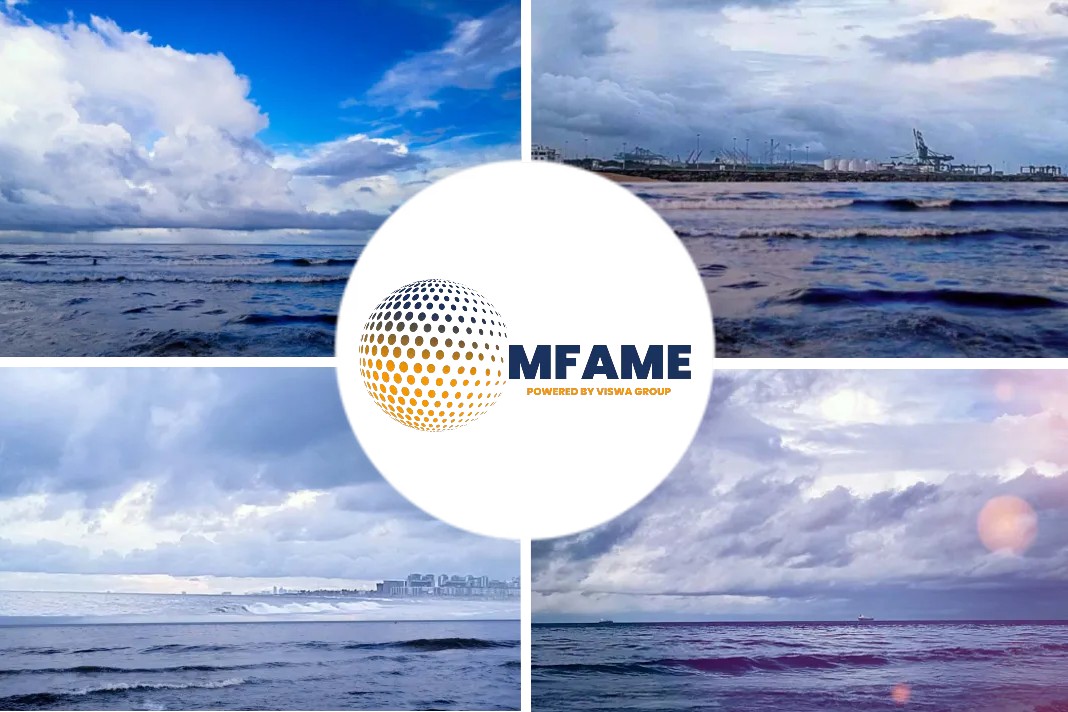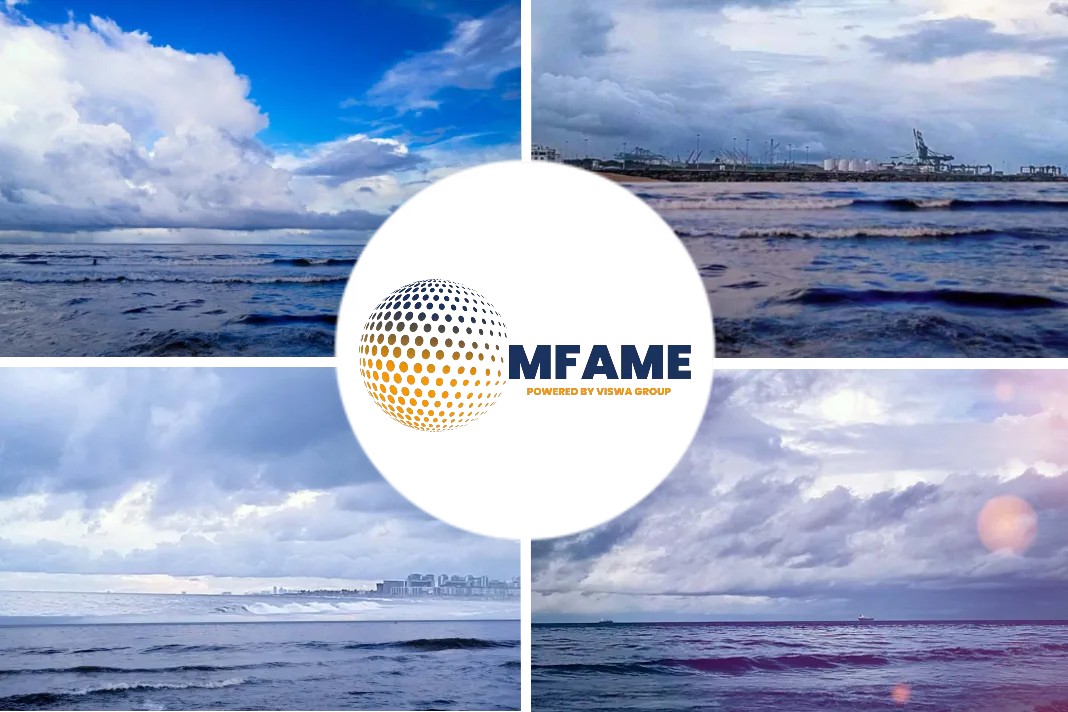Seven out of 10 bulk carriers are ‘non-eco’ with the Energy Efficiency Existing Ship Index (EEXI) likely coming into existence in just two years’ time, something that will require urgent modifications to the existing fleet or significant scrapping, says an article published in Splash247.
IMO Amendments
During MEPC 75 in November 2020, the International Maritime Organization approved amendments to MARPOL Annex VI, introducing an energy efficiency design index for all existing ships. Subject to adoption at MEPC 76 in June 2021, the EEXI requirements will enter into force in 2023.
Bulk carriers fleet
Clarkson Research Services has gone through the environmental profile of the dry bulk carrier sector, a segment accounting for 35% of global fleet tonnage.
CO2 Emissions
Bulk carriers produced an estimated approximate 160m tonnes of CO2 last year, roughly 0.5% of total global emissions. However, while bulkers account for around 20% of the shipping industry’s CO2 emissions, the bulker fleet moved around 50% of global seaborne trade in tonne-miles last year, and emitted 6m less CO2 than the containership fleet, while moving over three times as much cargo in tonnes.
Bulker fleet CO2 emissions in 2020 were slightly below 2010 levels, despite dry bulk tonne-mile demand having grown by 40%. Bulkers have, on average, reduced speeds by 18% since 2008, while 29% of capacity is now deemed by Clarksons to be eco, a figure in line with boxships and tankers.
Clarkson reports
There are currently just seven alternative fuelled bulkers in the fleet. However, 4.5% of bulker tonnage (13 ships) on order is now LNG-capable.
Just 77 bulker ports now offer LNG bunkering out of a total of around 1,800 ports worldwide, the Clarkson report issued states.
EEXI Regulations
A report from earlier in February by another UK broker, Galbraiths, had similar numbers for the percentage of non-eco bulk carriers in operation today ahead of the crunch EEXI regulations coming into place.
Large percentages of both the dry bulk and tanker fleets will require technical adjustments to reach the required EEXI threshold, Galbraiths pointed out.
UK Broker’s Comment
“It is therefore likely that vessel supply will be squeezed by vessels’ average speed reducing with vessels fitting Engine Power Limit devices, an increase in dry docking and, for older tonnage, an increased incentive to scrap and for owners to look at fleet renewal,” Galbraiths suggested.




















